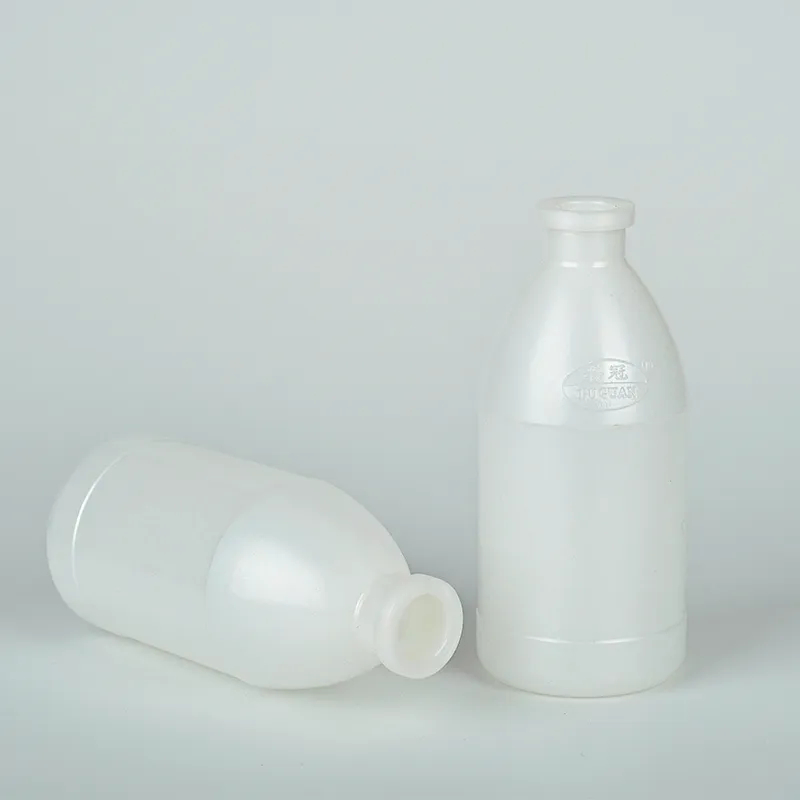recycling empty pill bottles
The Importance of Recycling Empty Pill Bottles
In an age where environmental sustainability is more important than ever, it is crucial to adopt responsible practices that minimize waste and promote recycling. One often overlooked aspect of this recycling movement is the proper disposal of empty pill bottles. These small containers, typically made of plastic, can contribute significantly to the overall waste problem if not recycled correctly. Understanding the importance of recycling empty pill bottles and learning how to do it effectively can help reduce environmental impact while promoting a healthier planet.
Understanding the Recycling Process
To begin with, it’s essential to understand the materials that makeup pill bottles. Most are made from 1 PET or 5 PP plastics, both of which are recyclable. However, because they are often contaminated with residue from medications, they require special handling. Before recycling, it is vital to empty the bottles and rinse them thoroughly to remove any leftover medications. This not only helps prevent contamination in the recycling stream but also ensures that harmful substances do not leach into the environment during processing.
Benefits of Recycling Pill Bottles
1. Reducing Plastic Waste The sheer volume of plastic produced each year is staggering, and prescription pill bottles contribute to this statistic. By recycling these bottles, we can divert tons of plastic from landfills, where they would take decades to decompose.
2. Conserving Resources Recycling helps conserve natural resources by reintroducing materials back into the production cycle. When plastic is recycled, it can be turned into new products, reducing the need for virgin materials and lowering energy consumption in the manufacturing process.
3. Preventing Environmental Contamination Improper disposal of pill bottles, especially those still containing medication, can lead to environmental contamination. Harmful substances can leach into soil and waterways, posing risks to wildlife and human health. Through proper recycling practices, we mitigate these risks and promote a safer environment.
4. Promoting Community Awareness Recycling initiatives involving pill bottles can foster community engagement. Many local organizations host medicine take-back programs that aim not only to collect unused medications but also to educate the public about recycling and responsible disposal methods.
recycling empty pill bottles

How to Recycle Pill Bottles Properly
To ensure you are recycling your empty pill bottles effectively, consider the following steps
1. Empty the Bottles Always pour out any remaining pills or contents. To ensure full compliance with safety standards, never share or discard leftover medications unsafely.
2. Rinse Thoroughly Rinse each bottle with water to remove any residue. This step is crucial in reducing contamination in the recycling process.
3. Remove Labels Although not always required, removing labels helps protect your privacy by ensuring that any personal information, such as your name and prescription details, is not visible.
4. Check Local Guidelines Recycling programs can vary widely depending on your location. Check with your local recycling facility or waste management service for specific instructions on how to dispose of pill bottles in your area.
5. Consider Alternatives Some pharmacies and organizations offer medication take-back programs that ensure safe disposal of both pills and their containers. Participating in these programs can be a responsible alternative to individual recycling efforts.
Conclusion
Recycling empty pill bottles is a small yet impactful action that can significantly contribute to environmental sustainability. By understanding the right practices for recycling and the benefits that come with it, individuals can play a vital role in reducing plastic waste, conserving resources, and fostering a healthier environment. As we continue to face the challenges of plastic pollution, every effort counts. Whether it involves recycling pill bottles or taking part in community initiatives, we each have the power to make a difference, one bottle at a time.
-
Aesthetic Makeup Spray Bottles | Fine Mist Empty RefillableNewsAug.19,2025
-
White Plastic Veterinary Vaccine Vials | Lab Liquid BottlesNewsAug.18,2025
-
Plastic Medicine Liquid Bottle: Secure Flip Top Drug VialsNewsAug.17,2025
-
Durable 250ml Blue Plastic Vaccine Vial for Lab & Vet UseNewsAug.16,2025
-
Sterile Virus Sample Tubes: Secure & Reliable Specimen CollectionNewsAug.15,2025
-
White 250ml Plastic Vaccine Vial for Lab & Vet MedicineNewsAug.14,2025
























